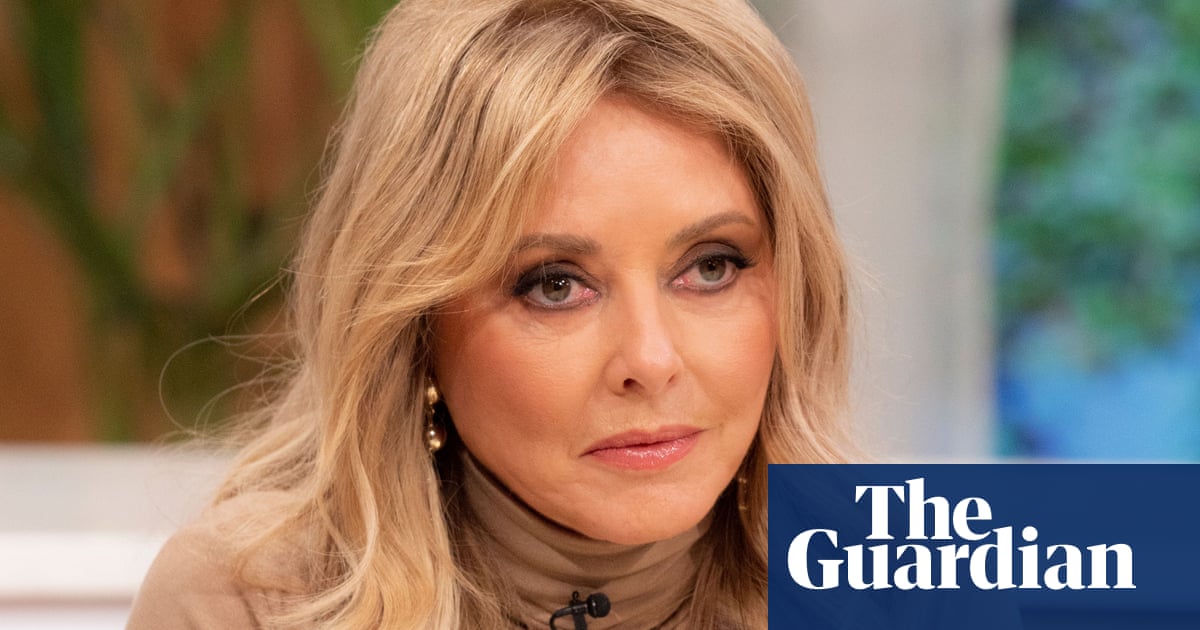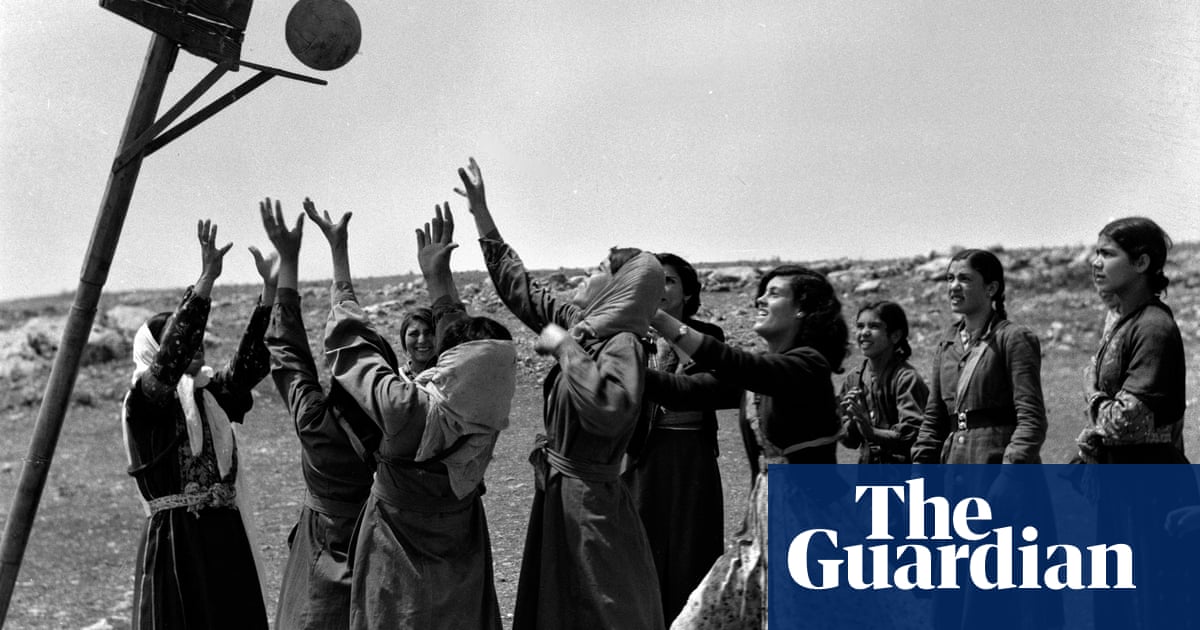
he ecstatic response to Amanda Gorman’s “The Hill We Climb”, the poem she wrote for Joe Biden’s inauguration last week, was a potent reminder of the power of poetry to inspire change – within individuals, and then outwards, into communities and societies. Prose only gets us so far, before souls need to be stirred to make things better, ignite revolutions: which writer doesn’t hanker to be “the sworn poet of every dauntless rebel the world over”, as Walt Whitman put it in “To a Foil’d European Revolutionaire”? Any change starts with resilience, and the grit and knowledge that many things can be borne. The Italian poet Patrizia Cavalli shows us this: “I fall and fall again, stumble and fall, get up / then fall again, relapses are / my speciality.” And while she claims that My Poems Won’t Change the World they show us that you have to keep going, to stay in the game; and maybe you can even find joy as you do so.
Resilience by itself doesn’t change a thing; what’s needed next is defiance, to communicate that you, your cause, your belief won’t be beaten. The late poet and essayist Audre Lorde provides us with the analysis, and the tools, to do this. In Your Silence Will Not Protect You she tells us: “Poetry is not a luxury. It is a vital necessity of our existence. It forms the quality of the light within which we predicate our hopes and dreams toward survival and change, first made into language, then into idea, then into more tangible action.”
Of course defiance needs a focus point for its anger, an object that needs changing – such as an administration lacking any talents. From 2011, Emily Berry’s “Bad New Government” is now effectively timeless in its skewering of “the worrying new developments” and its commingling of the personal and political.
The work of change can and often does feel lonely, which is why inspiration needs to be drawn from those who have made similar efforts before, such as can be found in the anthology The Mighty Stream: Poems in Celebration of Martin Luther King. Poets including Claudia Rankine, Grace Nichols, Sarah Howe and Imtiaz Dharker connect the dots between his words, and what we need to do to make a new world.
As much as movements of people drive progress, individuals also need to be able to see themselves as potential protagonists in history. Two recent poems that bring this to life vividly are “Cork Schoolgirl Considers the GPO, Dublin 2016” by Victoria Kennefick, where the protagonist feels her way into Ireland’s 1916 Easter Rising, and Danez Smith’s “Dinosaurs in the Hood”, a plea to destroy the racial stereotypes of industrialised storytelling.
But nothing happens without the belief that something better is possible. This could be a personal and hazy chimera, as Roger Robinson movingly describes in the title poem of his TS Eliot prize-winning collection “A Portable Paradise”: “And if I speak of Paradise, / then I’m speaking of my grandmother / who told me to carry it always / on my person, concealed, so / no one else would know but me.”
Or it can come from acting positively and rallying people to do likewise. Our current laureate of optimism for the future is Salena Godden. Her Pessimism Is for Lightweights is a call for courage, wonder and love – the stuff of hope. She reminds us that progress, while never linear, is still worth pursuing: “There is no straight white line / It’s the bumps and curves and obstacles / That make this time yours and mine”.












